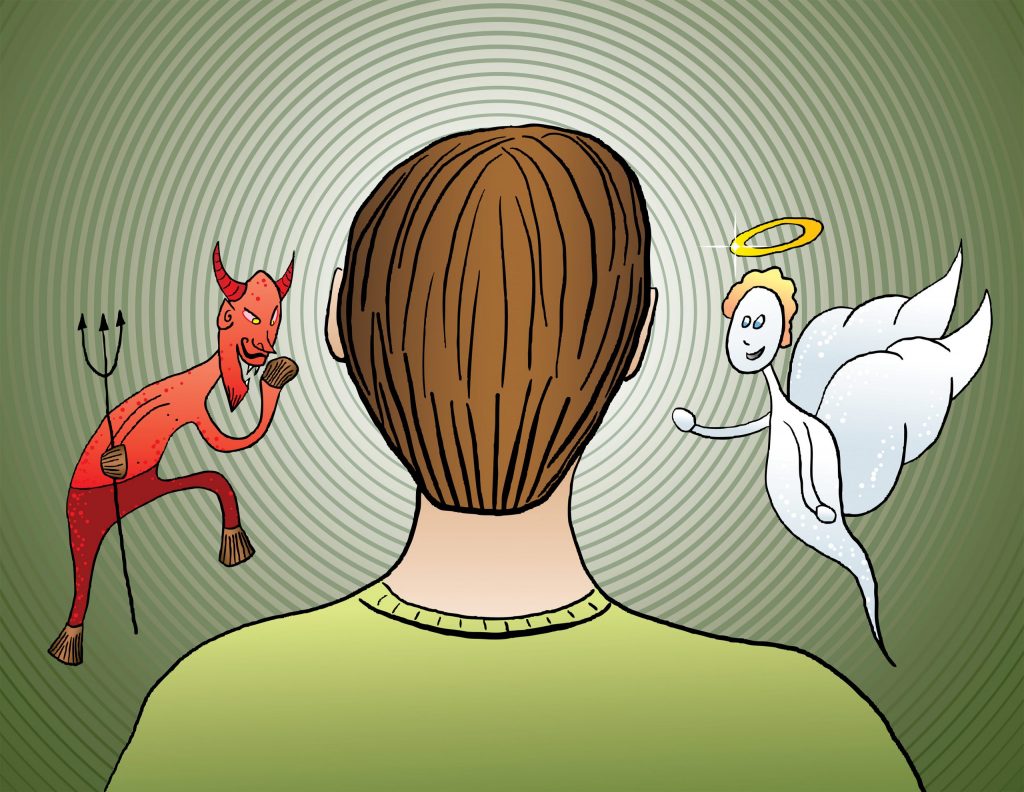Services
If you are frightened or confused because of what you are hearing, struggling to focus or feeling unable to carry out everyday tasks, help is available. We provide professional support for voice hearers to cope with any associated thoughts or behaviors you may be struggling with.

Command
Command hallucinations are audtory hallucinations that instruct the person to act in specific ways and these commands from innocuous to life threatening. The person who hears such voices are often given direct instructions by them, which may or may not be followed through. While these issued commands may concern behaviors which are totally harmless, such as ‘eat the apple and not the orange; , they may lead to self-destructive, violent, or even suicidal acts. A case in point may be voices telling the hearer that they must not eat, must not sleep, must walk for miles around the city, etc. While some are able to ignore or resist such commands, other may be engaged in an inner struggle over whether to comply or not. In the later, the voices may ne appraised as belonging to someone with power and authority by the hearer, and they will accept it and comply with the instructions give,. The voices may even try to strengthen their authority by issuing threats that something disastrous will happen if they hearer disobeys the order.
Disparaging and Critical Comments
This type of voice hearing is one of the most debilitating, with the voices criticising the hearer for their past misdeeds, their character in general, or even hurling false accusations, often in very personal and brutal ways. Since the voices originate from the person, they know him/her inside out and all their faults, shortcomings, fears and hates. they can attack then where they are not sensitive and deal most damage Due to these criticisms being so personalized and vile, many times sufferers are too ashamed to disclose the details to anyone. This can unsurprisingly lead to the demolishing of the person’s self-esteem and in turn, their ability to go against or questions the voices they are hearing.


Giving Positive Counsel and Companionship
Not all voices are causes of distress and despair. Some people in fact have positive experiences with them. Studies have shown that some people suffering from Schizophrenia actually hear predominantly positive voices, while others have also heard a mixture of both positive and negative voices. These positive voices act as personal companions of sorts by providing reassurance and comfort in a way a friend or loved one would. They can look after and protect the hearer in a myriad of ways, such as explaining concepts to them, teaching them how to do things.
Running Commentary on activities performed by the hearer
These voices describe what the hearer is doing including actions and activities performed by the hearer, including their thoughts and feelings as they occur in the real time. One example would be a person hearing things like ‘now he is combing his hair, now he is eating his cereals, now he is walking towards the kitchen’ and so on. Sometimes, these voices will have an accompanying critical or mocking theme to their narrative, either through tone or the manner of expression itself. Such running commentary voices are considered by psychiatrists to be particularly characteristic of Schizophrenia.


thought Echo
People who hear their own thought spoken aloud by voices fall under their category. The voice simply repeat every thought as the person thinks of it or just immediately after. the hearer may feel like repeating voice coming from outside, and at time may even feel it so loud that nearby people can even hear their every inside thought, with no privacy left to them selves. Some recounts by sufferer express that they believed the voice could even be heard for up to kilometers away and that outsiders could tune in to listen to them if they wanted since they were so deafening. In an extension to this, they may hear the voices even narrate in advance to them and express the person’s own thoughts before they have had a chance to think of them, resulting in the sufferers feeling like they never get a chance to think for themselves.